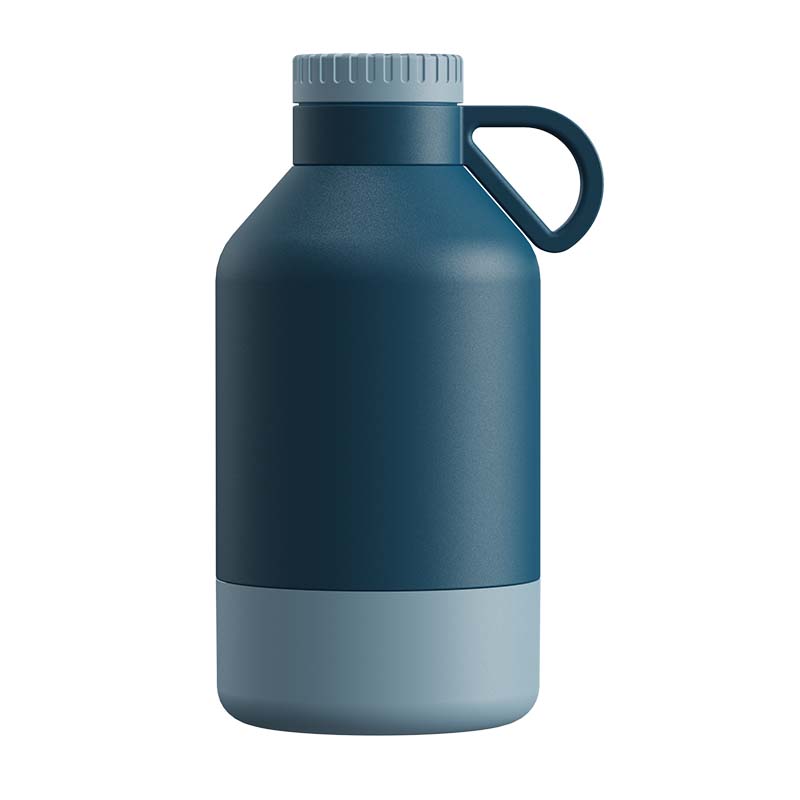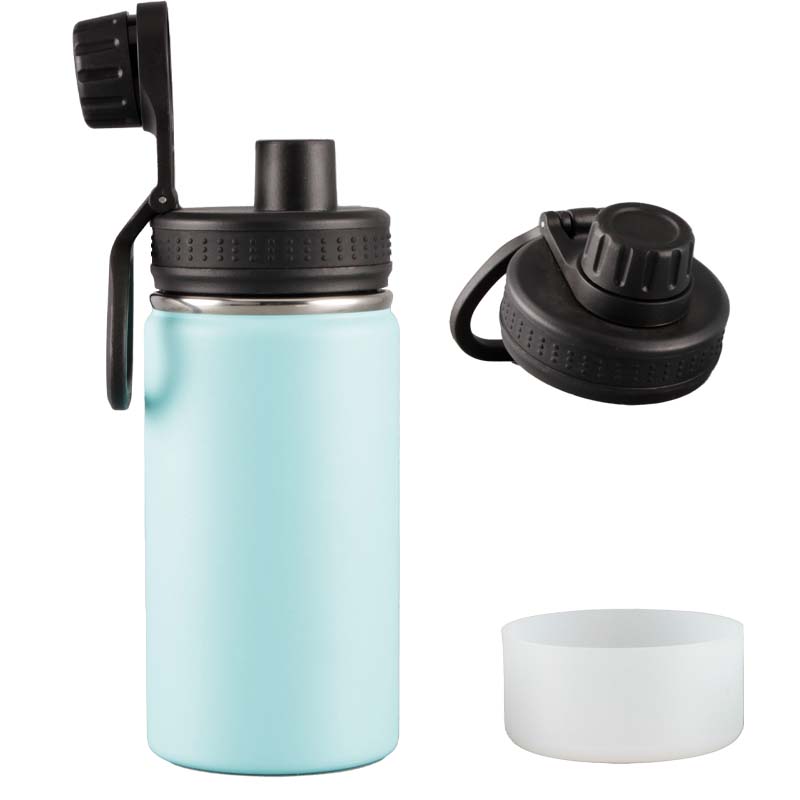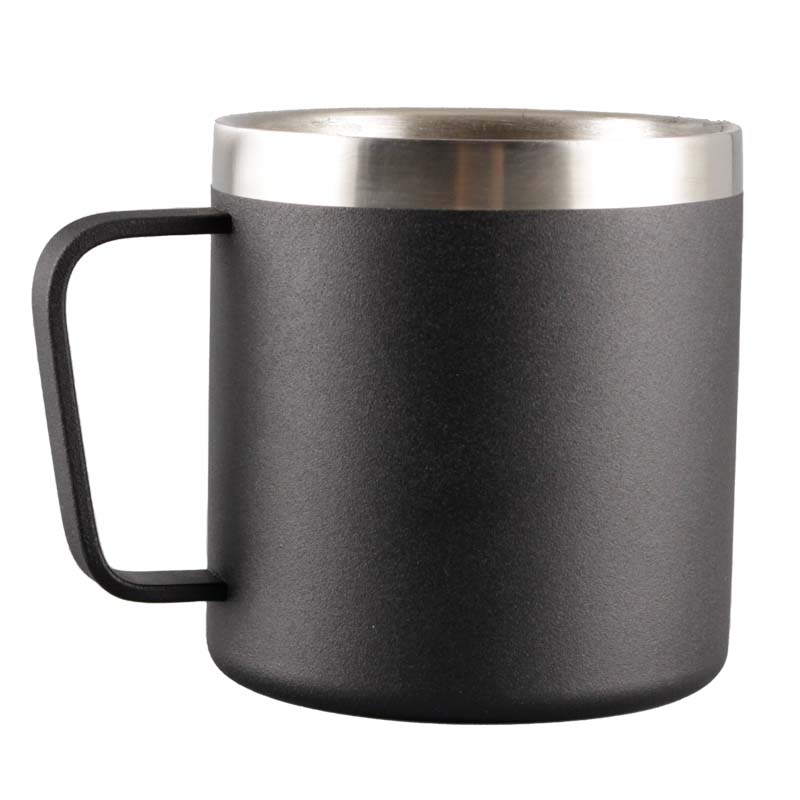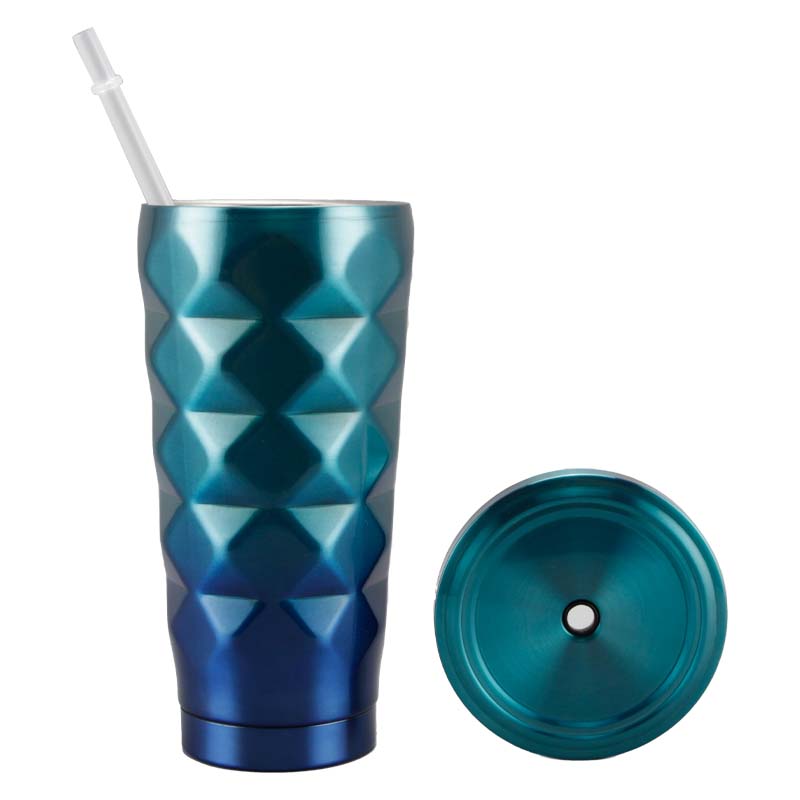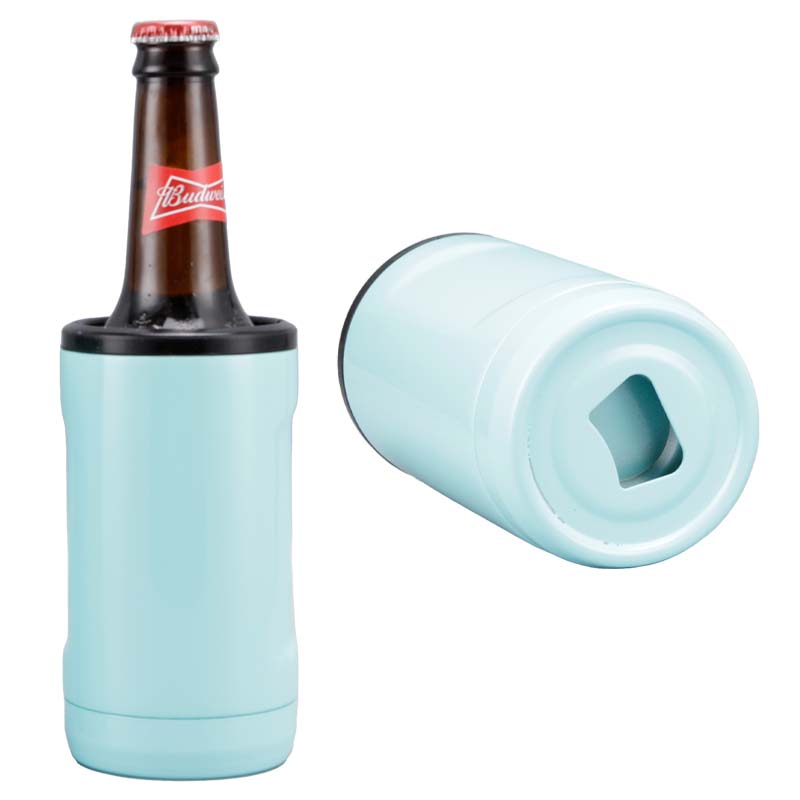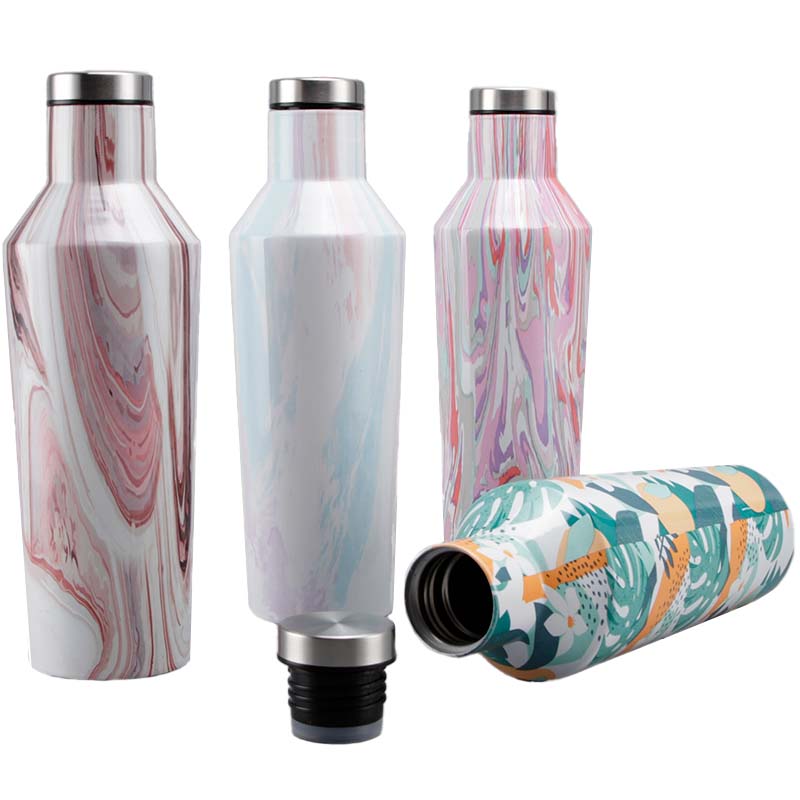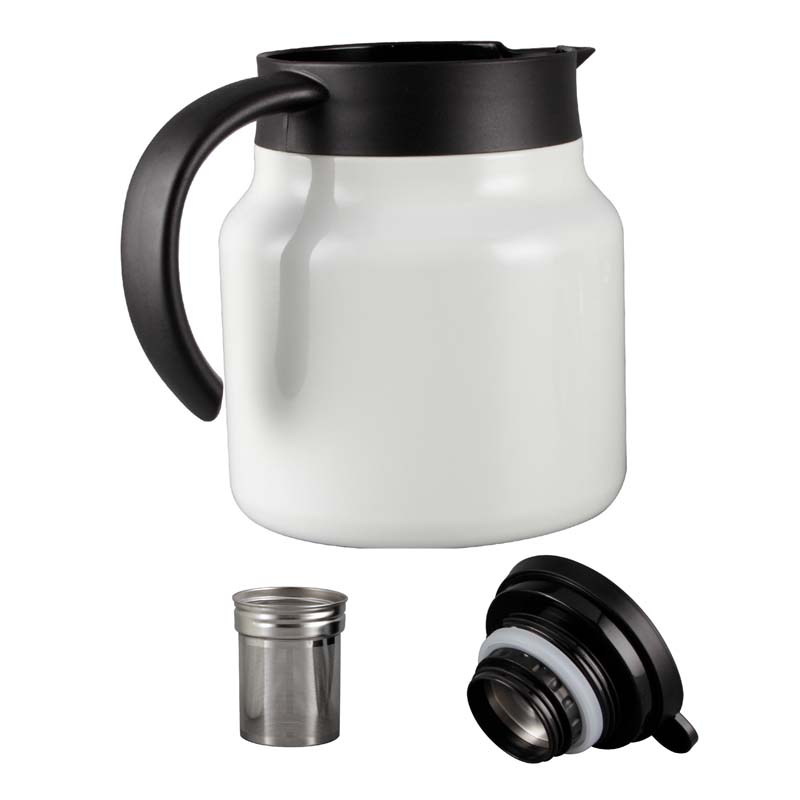Reducing plastic pollution in daily life is crucial for the health of our planet. Here are some steps you can take to minimize your plastic consumption and make a positive impact:
1.Use reusable bags: Bring your own cloth or canvas bags when you go shopping. Avoid using single-use plastic bags provided at stores.
2.Say no to plastic straws: Refuse plastic straws at restaurants and bars. Instead, use reusable straws made of metal, glass, or bamboo, or simply drink directly from the glass.
3.Carry a reusable water bottle: Invest in a durable and reusable water bottle that you can refill throughout the day. This helps reduce the need for single-use plastic water bottles.
4.Bring your own mug: When getting coffee or other beverages to go, bring your own travel mug instead of using disposable cups. Many cafes even offer discounts for customers who bring their own containers.
5.Pack a waste-free lunch: Opt for reusable containers, such as stainless steel lunch boxes or glass containers, instead of disposable plastic bags or wraps. Also, carry reusable cutlery and cloth napkins.
6.Choose fresh produce and bulk items: Buy fresh fruits and vegetables without plastic packaging whenever possible. Additionally, choose bulk items like grains, nuts, and cereals, and bring your own reusable bags or containers to store them.
7.Avoid single-use plastic utensils and plates: When eating out, carry your own set of reusable utensils and plates. If it’s not feasible, request compostable or biodegradable alternatives.
8.Recycle and dispose of properly: Follow your local recycling guidelines diligently to ensure proper disposal of plastic waste. Educate yourself about what types of plastic are recyclable in your area.
9.Support sustainable brands: Seek out companies that prioritize sustainability and use eco-friendly packaging. By supporting these businesses, you contribute to the demand for more environmentally friendly alternatives.
10.Spread awareness and educate others: Share your knowledge and experiences with friends, family, and colleagues. Encourage them to reduce their plastic consumption and explain the detrimental effects of plastic pollution.
11.Avoid single-use plastic bottles and cups: Instead of buying beverages in single-use plastic bottles, opt for beverages in glass, aluminum, or carton packaging. If you must use disposable cups, choose compostable or biodegradable options.
12.Use eco-friendly personal care products: Many personal care products, such as shampoo, conditioner, soap, and toothpaste, come in plastic containers. Look for brands that offer alternatives like solid bars or refillable options with minimal packaging.
13.Choose plastic-free alternatives: Seek out alternatives to everyday plastic items. For example, use a safety razor with replaceable blades instead of disposable plastic razors, or use a wooden or bamboo toothbrush instead of a plastic one.
14.Be mindful of packaging: When shopping, pay attention to the packaging of products you buy. Opt for items with minimal or plastic-free packaging. Consider buying in bulk or choosing products with recyclable or compostable packaging materials.
15.Participate in beach or neighborhood clean-ups: Get involved in local clean-up events or organize your own. Removing plastic and other litter from beaches, parks, and neighborhoods helps prevent it from reaching our oceans and ecosystems.
16.Support legislation and initiatives: Stay informed about plastic pollution-related legislation and initiatives in your area. Support and advocate for policies that promote plastic reduction, recycling, and waste management improvements.
17.Reduce plastic in your kitchen: Replace plastic food storage containers with glass or stainless steel alternatives. Use beeswax wraps or reusable silicone food covers instead of plastic wrap. Avoid using plastic utensils and choose eco-friendly alternatives like bamboo or stainless steel.
18.Compost organic waste: By composting food scraps and yard waste, you reduce the amount of waste that ends up in landfills, including plastic bags used for garbage disposal. Check if your municipality has composting programs or consider composting at home.
19.Be a conscious shopper: Prioritize products made from sustainable materials, such as glass, metal, or wood, instead of plastics. Consider the durability and longevity of items before purchasing, opting for quality over disposability.
Remember, even small actions can make a significant difference when it comes to reducing plastic pollution. By adopting these practices in your daily life, you contribute to a cleaner and more sustainable future.

